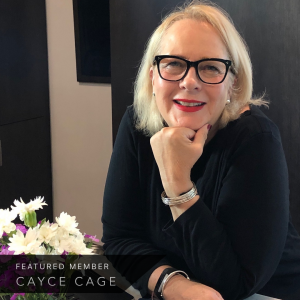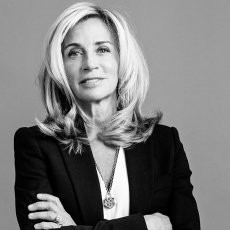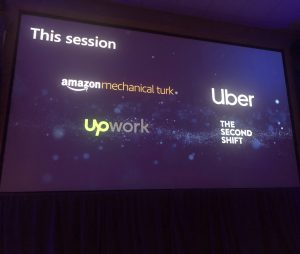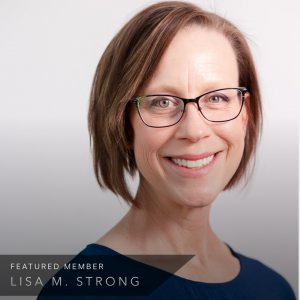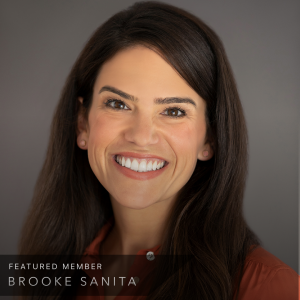
For Pitch Perfect this month, we are comparing two pitches for the same job and one of them is an example of what NOT to do.
Example of pitch that needs improvement:
While my extensive marketing background in luxury e-commerce may suit well, my experience is more strategic than daily tactical so my skills overlap your requirements and your nice-to-have with gaps. I’m the right person to help you build out your growth plan, develop strategy and KPIs, write content, find vendors and tools, and identify growth areas for lead gen and sales. I’m not the one to manage the shopify store, place ads, or design graphics. I realize that I’m not an ideal fit to your posting but Second Shift identified our match so I thought I should respond in the event you don’t find the right fit as soon as you hoped.
Our feedback:
- Stay Positive- When applying for a job, don’t say that you are NOT an ideal fit and that there is likely someone better out there for the role.
- Tell a Story- Don’t call out the gaps in your experience and that you don’t have ALL the skills they are asking for.
- Be a Team Player- Sell yourself with your can-do attitude and excitement for new opportunities to learn skills and gain experience.
Example of a good pitch for the same job:
I am XXX and I am currently the co-founder of an e-commerce site. As we wind down our operations, I am seeking my next role in the design and e-commerce space with a company whose aesthetic inspires me. I hold and MBA as well as over 7 years experience managing e-commerce businesses, but my most recent role is most parallel to this one at XXX.
Over the past four years, I built and managed a Shopify website – with a limited budget. As the lead of e-commerce, I’ve learned the ins and outs of the platform, as well as some coding and software integrations that streamlined business. In addition to managing our site (products, collections, homepage, merchandising, etc.) and keeping it fresh, I’ve lead content and marketing initiatives across all other platforms, including social media and email. For these I wear every hat – from photographer to budgeter and planner.
A self-starter with various applicable skills, I’d love to discuss this more with you.
E-Commerce Manager Job Description and Responsibilities-
The role requires the ability to strategize and execute programs to achieve goals. This includes taking initiative, working with existing retail team, and executing programs from start to finish. In this job you will need the ability to multi-task and manage internal and external resources to successfully bring projects to life. The best team member should have strong visual and communication skills and understand how to prioritize projects. This person must also be a self-starter who has the ability to work well independently and in a team setting (ok if remote)
Managing Products in Shopify
- Add new products and manage existing products
- Uploading Pictures
- Product Description & Dimensions
- Shopify Tag Management
Merchandising Products and Updating Collections on Shopify
- Updating Homepage
- Curated Themes – Product or Inspirational Imagery
- Test ideas to increase conversions
- Merchandising/Curation Calendar
Customer Engagement via Social & Email
- Manage Social Media Accounts
- Plan daily/weekly campaigns
- Email Marketing Outreach

